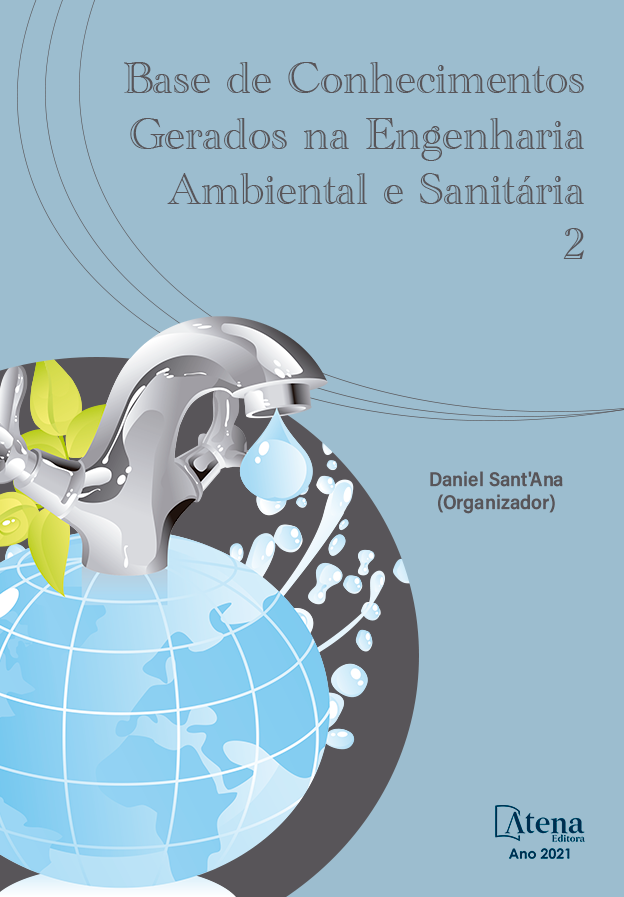
ESTUDO DA DEMANDA DE QUEIMA CONTROLADA DE CAMPOS NATIVOS EM MUNICÍPIOS DA REGIÃO SERRANA DE SANTA CATARINA NOS ANOS DE 2009 A 2018.
A queima controlada é uma técnica ainda muito usada nos municípios da Região Serrana de Santa Catarina para manejo das pastagens, mas causa diversos impactos ao meio ambiente e a saúde humana. O presente estudo objetivou fazer um levantamento histórico das Autorizações para Queimas Controladas (AQC), entre os anos de 2009 a 2018, em seis municípios de Santa Catarina: Bom Jardim da Serra, Bom Retiro, Rio Rufino, São Joaquim, Urubici e Urupema, caracterizando cada um quanto a quantidade de área queimada, bem como se houve aumento das solicitações de licenças no decorrer dos anos e os impactos ambientais que as mesmas podem causar. Os dados foram fornecidos pelo Instituto do Meio Ambiente de Santa Catarina (IMA) – Regional Lages/SC. Foram analisadas 610 AQC´s autorizadas. O estudo evidenciou que os produtores da região persistem com a prática da queima controlada. Bom Jardim da Serra e São Joaquim juntos são responsáveis por 84% das autorizações favoráveis, Bom Retiro, Urupema e Urubici somam 16% das solicitações favoráveis. Juntos, estes municípios queimaram 35.389,17 hectares de campos nativo na série estudada. Os municípios de Bom Retiro, Urubici e Urupema possuem um efetivo de rebanho em proporção igual ou maior do que Bom Jardim da Serra, porém menor quantidade de solicitações de AQC’s. O estudo demonstra que ao passar dos anos ocorreu aumento do número de solicitações de AQC’s. No entanto, realizar o manejo das pastagens é essencial para que estas se mantenham, porém se faz necessário políticas mais eficazes com fiscalizações eficientes quanto ao uso desta prática, para que não causem maiores danos ambientais devido aos poluentes emitidos pela queima.
ESTUDO DA DEMANDA DE QUEIMA CONTROLADA DE CAMPOS NATIVOS EM MUNICÍPIOS DA REGIÃO SERRANA DE SANTA CATARINA NOS ANOS DE 2009 A 2018.
-
DOI: 10.22533/at.ed.45121190116
-
Palavras-chave: Queima controlada. Manejo do solo. Emissões gasosas. Impactos ambientais.
-
Keywords: Controlled burn. Soil management. Gaseous emissions. Environmental impacts.
-
Abstract:
Controlled burn is a technique still widely used in the municipalities of the Santa Catarina highlands for pasture management, but it causes several impacts to the environment and human health. The present study aimed to make a historical survey of the Authorizations for Controlled Burns (ACB), between the years 2009 to 2018, in six municipalities of Santa Catarina: Bom Jardim da Serra, Bom Retiro, Rio Rufino, São Joaquim, Urubici and Urupema, characterizing each one in terms of the amount of area burned, as well as whether if there has been an increase in license applications over the years and the environmental impacts they may cause. Data were provided by the Santa Catarina Environment Institute (IMA) - Lages/SC. 610 authorized ACB's were analyzed. The study showed that producers in the region continue to adopt controlled burning, Bom Jardim da Serra and São Joaquim together are responsible for 84% of favorable authorizations, while Bom Retiro, Urupema and Urubici account for 16% of favorable requests. Together, these municipalities burned 35,389.17 hectares of native fields in the series studied. The municipalities of Bom Retiro, Urubici and Urupema have a herd of cattle proportionally equal or greater than that of Bom Jardim da Serra, but a smaller number of ACB requests. The study shows that over the years there has been an increase in the number of ACB requests. However, carrying out the management of pastures is essential for their maintenance, but it is necessary to have more effective policies with efficient inspections regarding the use of this practice, so that they do not cause greater environmental damage due to pollutants emitted by burning.
-
Número de páginas: 18
- Valter Antonio Becegato


